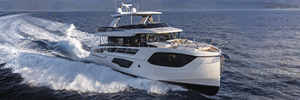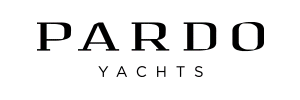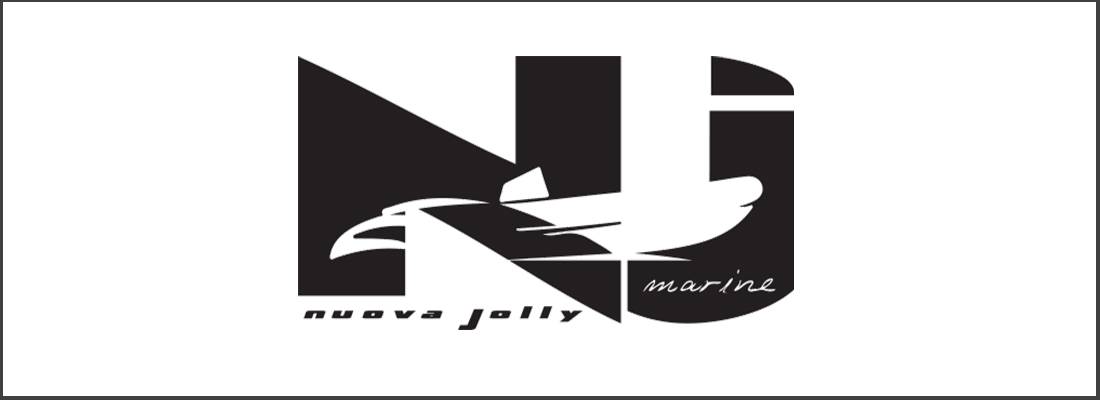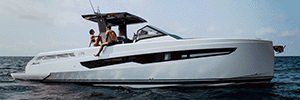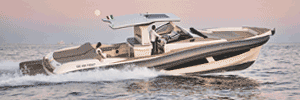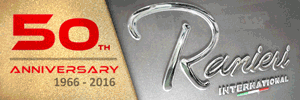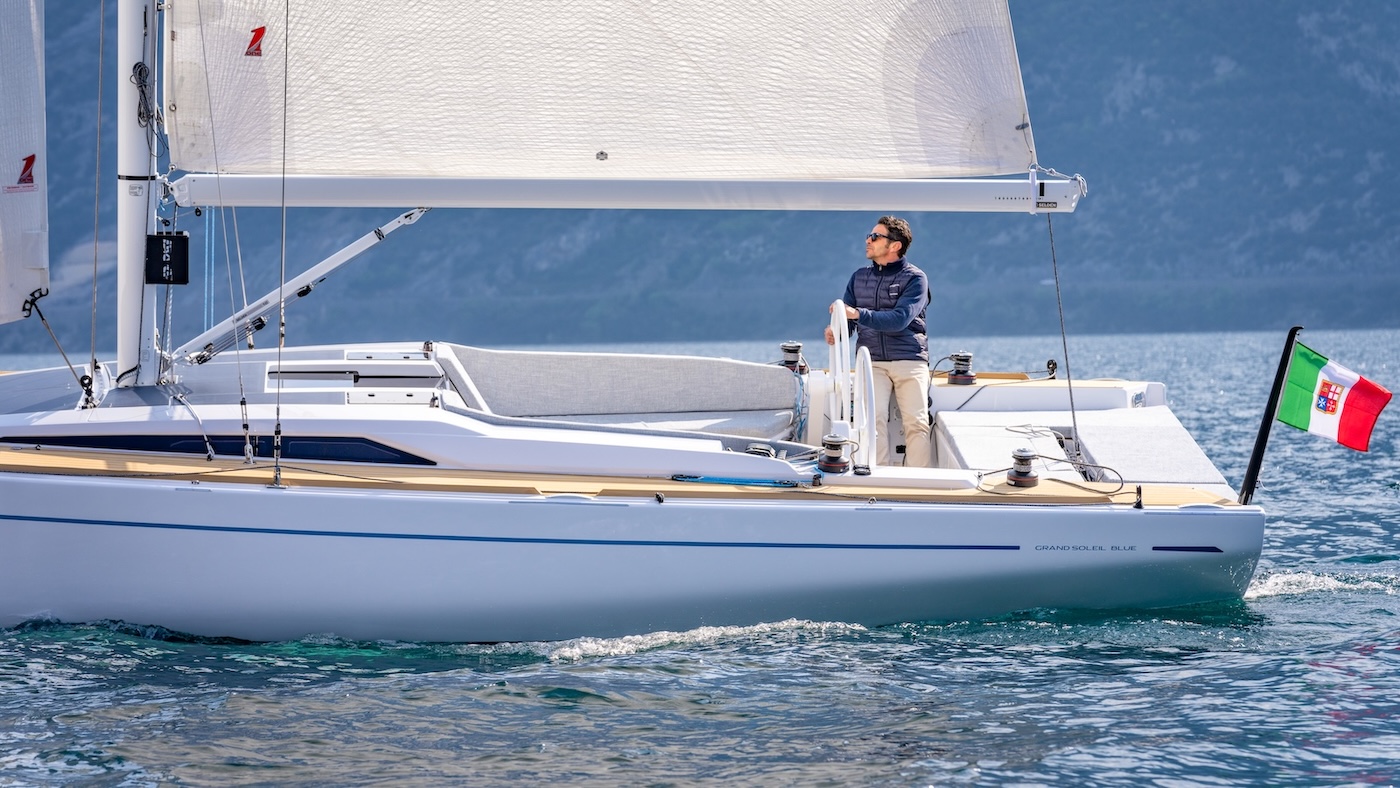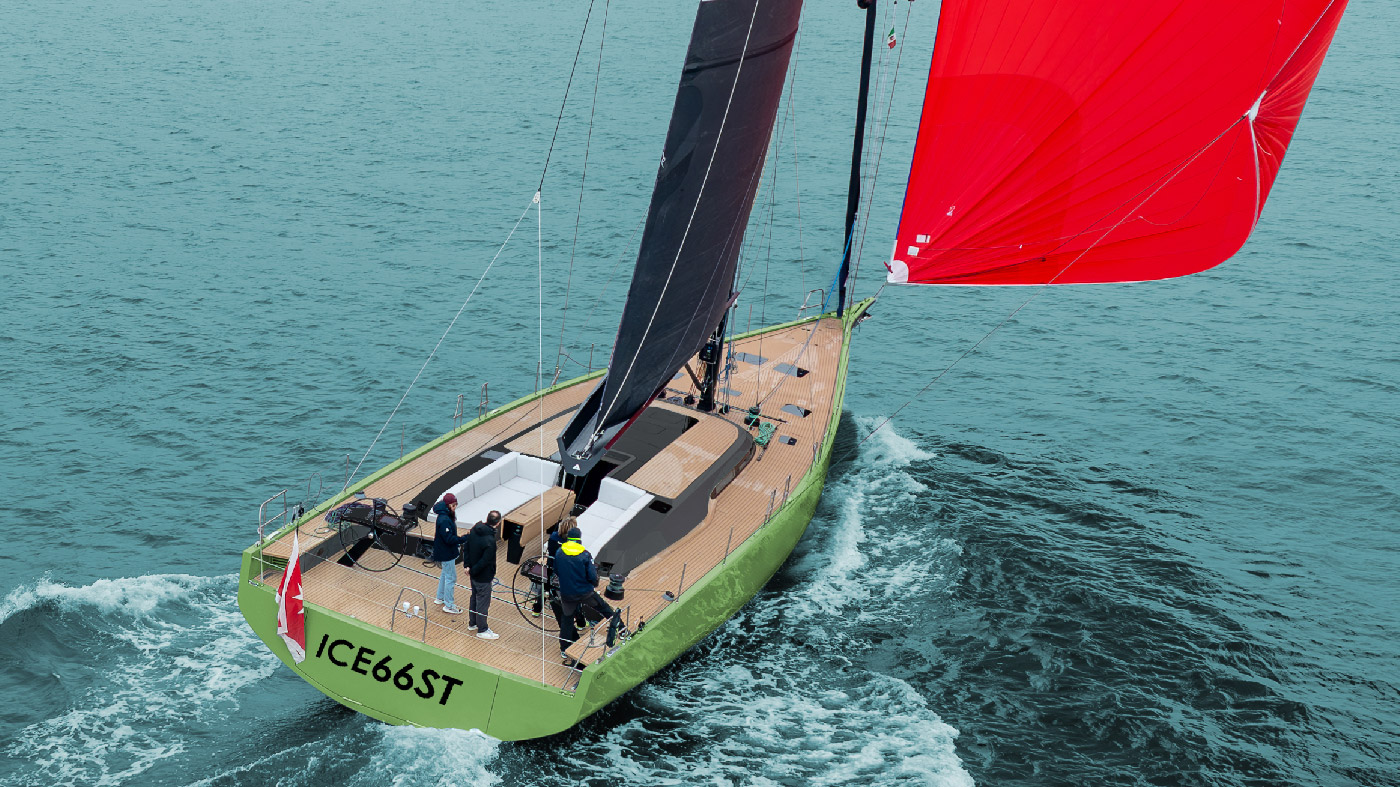It seems absurd for those who navigate so much to do it without having a compass… Especially at night, with no land in sight: it’s true that stars can be useful, as well as the wind, but how could it be possible without a compass? Today, while I was steering, I reflected about it. And I thought that the sea’s been supplied to us, but not the compass, which we’ve had to invent by ourselves. Who invented it? When?
I thought I had asked my self some simple questions, to which I would have had some simple answers: the guy so-and-so in the year so-and-so. I found out instead an international historic intrigue, with many diatribes between philologists for the translation of a latin passage that could reveal the mystery, mystical numbers, and divination ( If you want to read all the fascinating story you can find it in a nice booklet called: “The riddle of the compass”, written by Amir D. Aczel). It seems to me to reassume the story like this.
In Amalfi towers the statue of the alleged inventor of the compass Flavio Gioia, but the truth is that: first of all, it’s not known if this gentleman has even really existed, second, surely he hasn’t invented the compass. Most likely he received a few specimens from China, where it was invented definitly in ancient times, and he suited it for the european needs. It seems in fact that the Chinese didn’t use the compass for navigation, but to orientate themselves during the long studies which they prepared for the construction of any structure according to the rules of the Feng Shui. In Europe on the contrary, the maritime trade was in full expansion, and strongly limited by the absence of an utensil which could have permitted the orientation at sea also during the winter season, when the sky was covered and the stars couldn’t be seen. With the compass the issue was resolved, the maritime trades doubled, and who in principle made the best benefit of it was Venice. Once it became a regular utensil onboard, the compass consented the greatests sea explorations of the XV and XVI century for the Spanish, Portuguese, and English.
In conclusion, the compass as such – a tool endowed of a needle that orientates itself towards the North/South direction of the Earth’s magnetic field – was invented by the Chinese. But without the European’s small extras – the box to contain it thus to avoid collisions at sea – and the great sailor dowries of the navigators that knew how to use it, it wouldn’t have been useful for the discovery of the world. It seems like the story of other great discoveries, like internet for example: great ideas, which needed the contribution of many persons to expreme itself in the best way.




